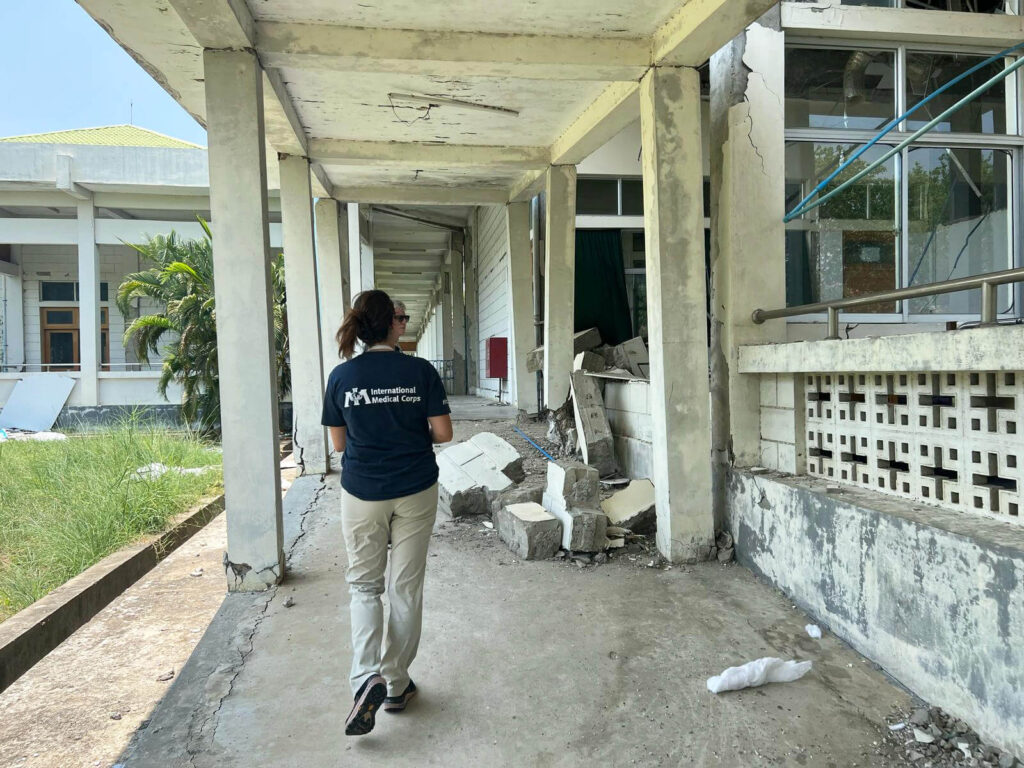Responding to the Myanmar Earthquake
A massive 7.7 earthquake hit Myanmar on March 28, killing more than 3,700 people and injuring thousands more. As recovery efforts continue, some 130 people are still confirmed missing. All these numbers are expected to rise as search teams are better able to reach remote areas affected by the quake.
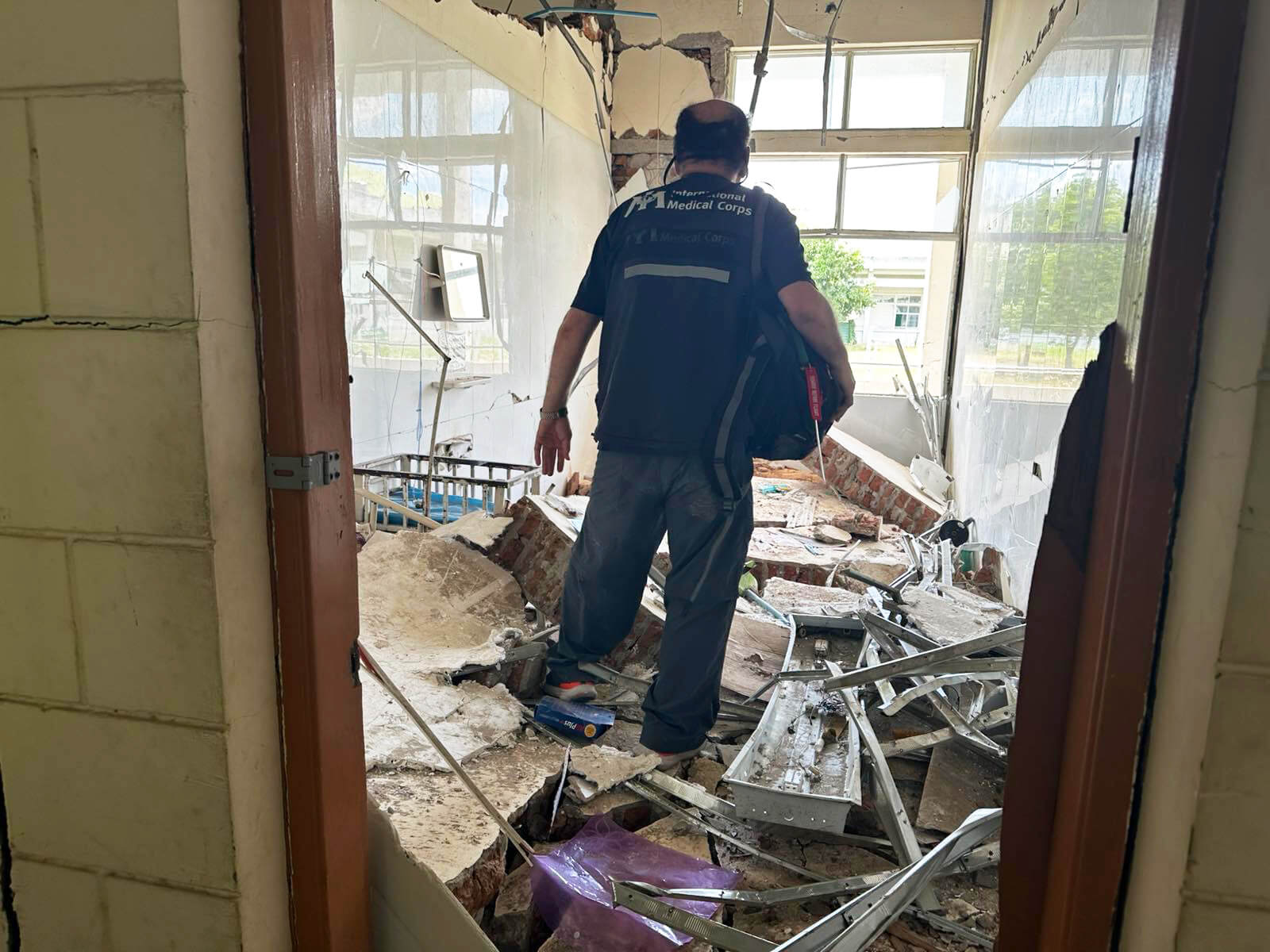
The earthquake destroyed nearly 200 health centers, leaving women, children and families without basic health services. Our teams are working around the clock—getting emergency medicine, clean water, hygiene kits, blankets and more to the hardest-hit areas. We’ve also set up a Type 1 Emergency Medical Team (EMT) Mobile facility next to a destroyed hospital near Nay Pyi Taw to provide medical and mental health care, along with water, sanitation and hygiene services.

![MY_PHOTO-2025-04-21-07-14-48[70] Our Emergency Medical Team sets up and stocks our mobile medical unit, located next to the destroyed hospital near Nay Pyi Taw.](https://i0.wp.com/internationalmedicalcorps.org.uk/wp-content/uploads/2025/05/MY_PHOTO-2025-04-21-07-14-4870.jpg?w=214&h=214&crop=1&ssl=1)
![MY_PHOTO-2025-04-21-07-14-48[74] Our Emergency Medical Team sets up and stocks our mobile medical unit, located next to the destroyed hospital near Nay Pyi Taw.](https://i0.wp.com/internationalmedicalcorps.org.uk/wp-content/uploads/2025/05/MY_PHOTO-2025-04-21-07-14-4874.jpg?w=214&h=214&crop=1&ssl=1)

In addition to the medical and logistics experts in our initial response team, we’ve sent additional a team of doctors and nurses to provide medical and mental health care to affected people, and to train local clinicians near to carry on this relief work once our team has left. As the only NGO classified by WHO as both a Type 1 Fixed and Mobile EMT, we’re uniquely equipped to respond quickly and effectively in mass casualty emergencies like this.



Promoting Sustainability in Somalia
Somalia faces extreme climate-related challenges, leading to widespread food and water insecurity and poor health outcomes. These crises, combined with limited resources and infrastructure, significantly affect people’s health and well-being. To address these issues, International Medical Corps’ water, sanitation and hygiene (WASH) team uses creative and practical solutions to support communities and health facilities across the country.


We’ve installed solar systems at health centers so doctors and nurses have a consistent source of clean water and can safely care for mothers and newborns around the clock. Solar energy also powers wells that bring clean water to remote villages—even at night and during cloudy days. In one region, we built a long water pipeline that lowered the cost of clean water from $6 to just 30 cents per barrel.
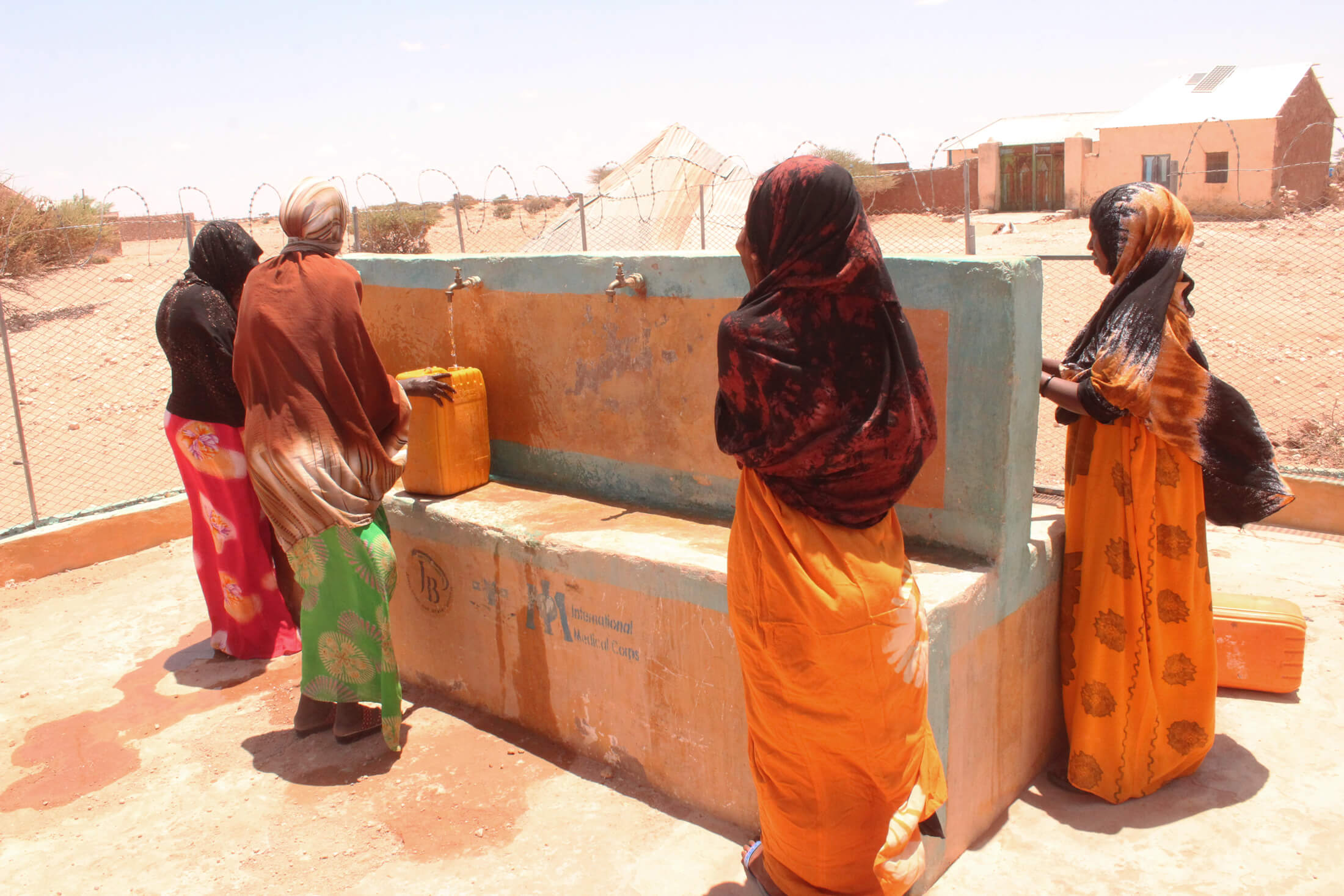
To ensure that these efforts last, we train local teams to care for water systems and teach families how to safely store and use water. Our staff also runs health and hygiene campaigns to help prevent illness. Through these efforts, we’re making it easier for communities in Somalia to stay healthy—even during tough times.
Protecting the Children of Gaza
Every child deserves a chance. Roughly half of Gaza’s entire population is children. With many children orphaned or separated from their caregivers, there is great need for protection services and mental health support among this highly vulnerable group.


To safeguard the well-being and rights of children affected by the war in Gaza, we are providing child protection and mental health services at our field hospital while training caregivers to recognize signs that a child needs mental health support.


Since January 2024, our mental health team in Gaza has hosted more than 10,000 children in the child-friendly space in our field hospital, helping them to better cope with adversity and promoting their overall well-being amid the turmoil.
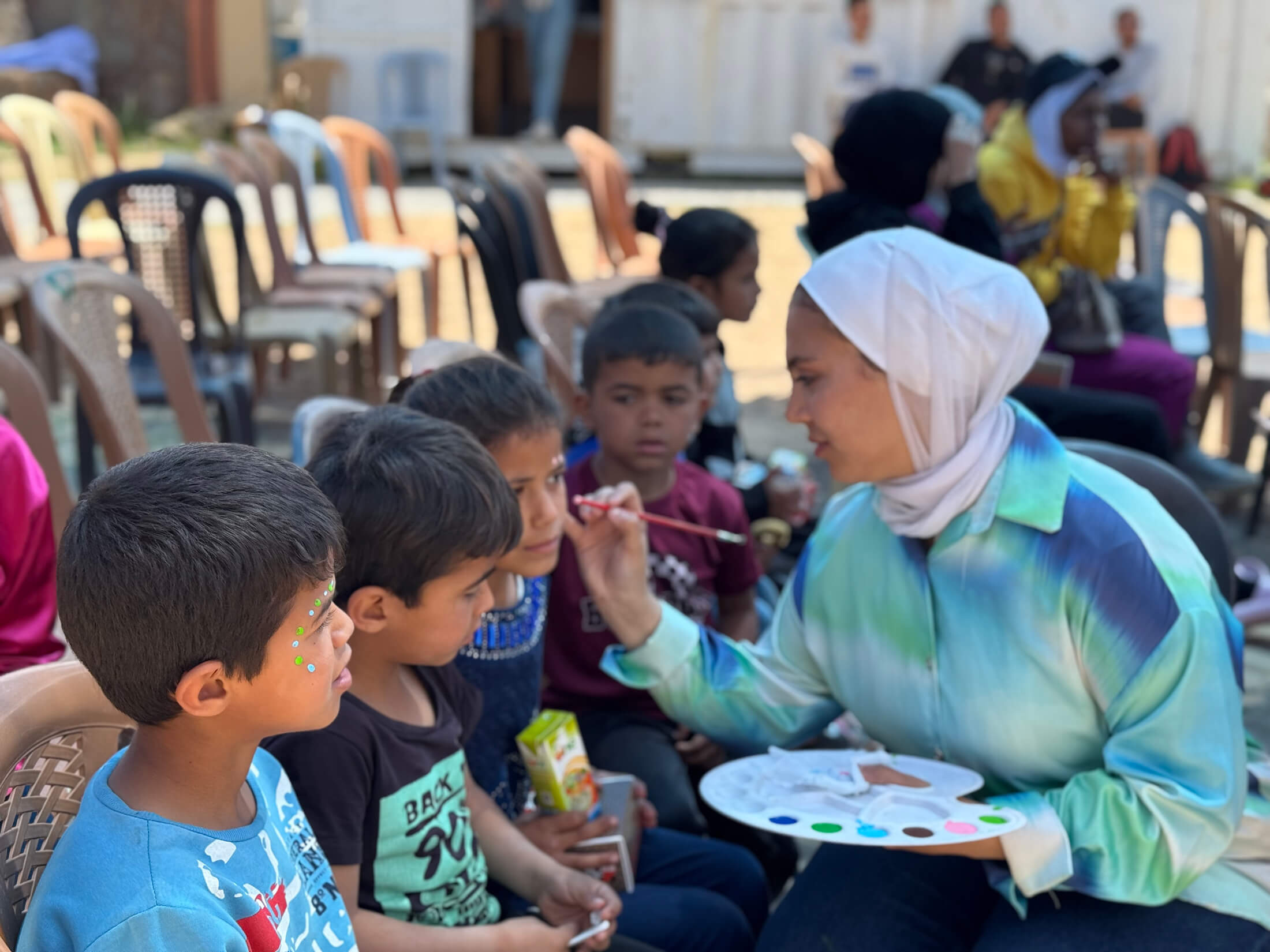
Improving Water Access in Zimbabwe
In rural Zimbabwe, women and girls have long carried the burden of collecting water—an exhausting, time-consuming task that often means girls miss up to 15 days of school each year. “The water jars they carry on their heads hold more than just water—they bear the weight of lost potential,” says Suan Kupuka, chair of her local water committee.
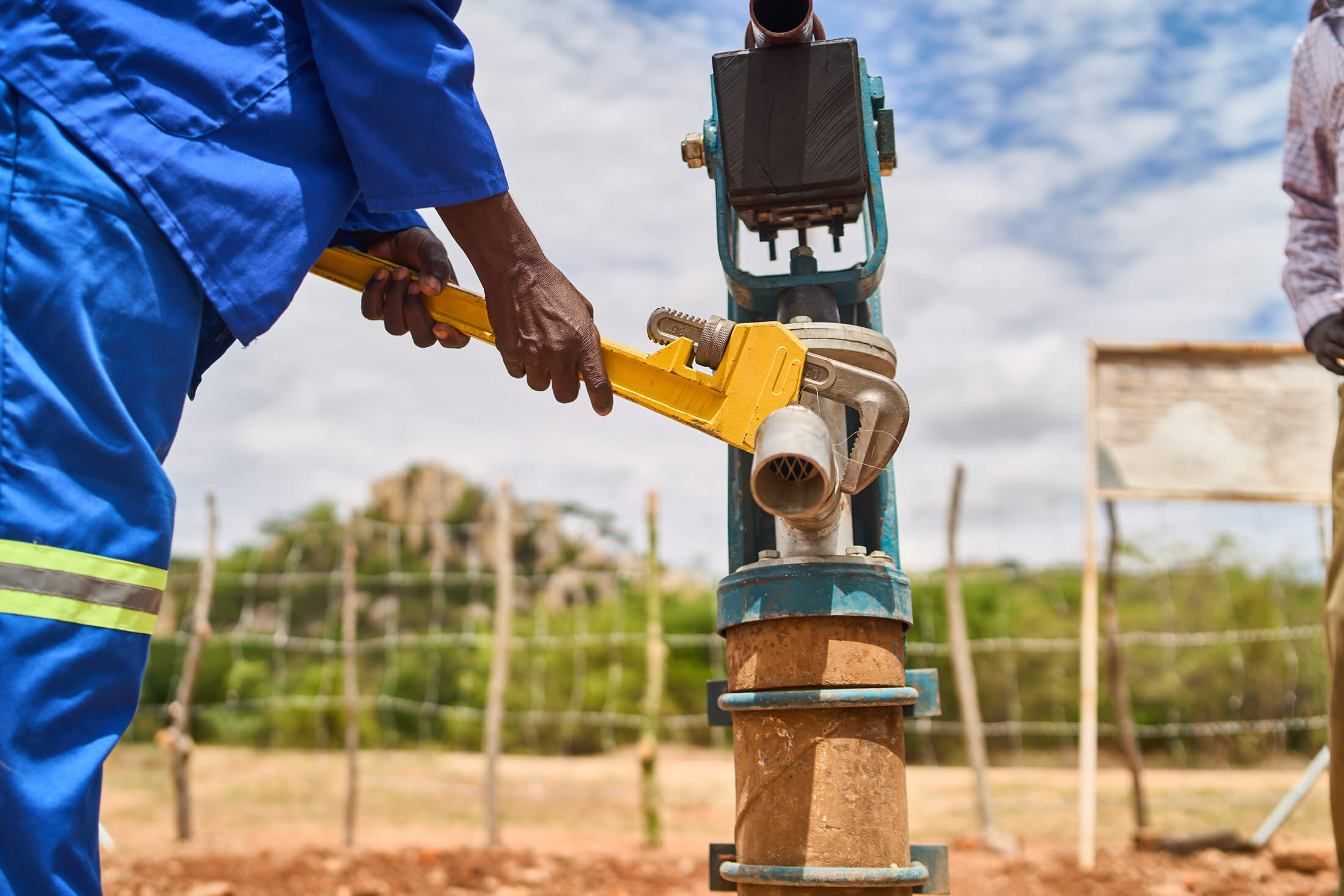
Recognizing the need, International Medical Corps worked with communities to improve access to clean water, installing water pumps in three villages. Now, more than 3,700 people—including the elderly and people with disabilities—have local, reliable access to water, transforming daily life and restoring dignity.


Supporting Communities in the DRC
Ongoing fighting in the eastern Democratic Republic of the Congo has forced millions of people from their homes, creating one of the world’s largest displacement crises. The M23 rebel group has taken over several major cities in North and South Kivu provinces, including Goma and Bukavu, causing widespread fear and instability.
As a result of the conflict, more than 7.8 million people have been displaced from their homes. Families are living in challenging conditions—many without shelter, clean water or medical care. Camps for displaced people have been emptied by force, and many can’t return home because it’s too dangerous.



Despite the danger, International Medical Corps teams are delivering critical support to people affected by this ongoing crisis. Our mobile medical units provide free primary and secondary healthcare services to people who would otherwise go without. We also offer lifesaving nutritional support to malnourished children and adults. Together, these programs help meet the urgent needs of the DRC’s most vulnerable populations during this time of hardship.
Learn more about International Medical Corps
Follow International Medical Corps on Facebook, Twitter, Instagram, TikTok, Threads and Bluesky.
Are you a journalist looking for information?
International Medical Corps is a global first responder that delivers emergency medical and related services to those affected by conflict, disaster and disease, no matter where they are, no matter the conditions. We also train people in their communities, providing them with the skills they need to recover, chart their own path to self-reliance and become effective first responders themselves. Established in 1984 by volunteer doctors and nurses, we are a nonprofit with no religious or political affiliation, and now have more than 8,000 staff members around the world, 96% of whom are locally hired. Since our founding, we have operated in more than 80 countries, and have provided more than $4.2 billion in emergency relief and training to communities worldwide.
Our staff includes experts in emergency medicine, infectious disease, nutrition, mental health, maternal and infant health, gender-based violence prevention and treatment, training, and water, sanitation and hygiene, all within the humanitarian context.
To arrange an interview on or off the record, contact our Media Relations team at media@internationalmedicalcorps.org.
